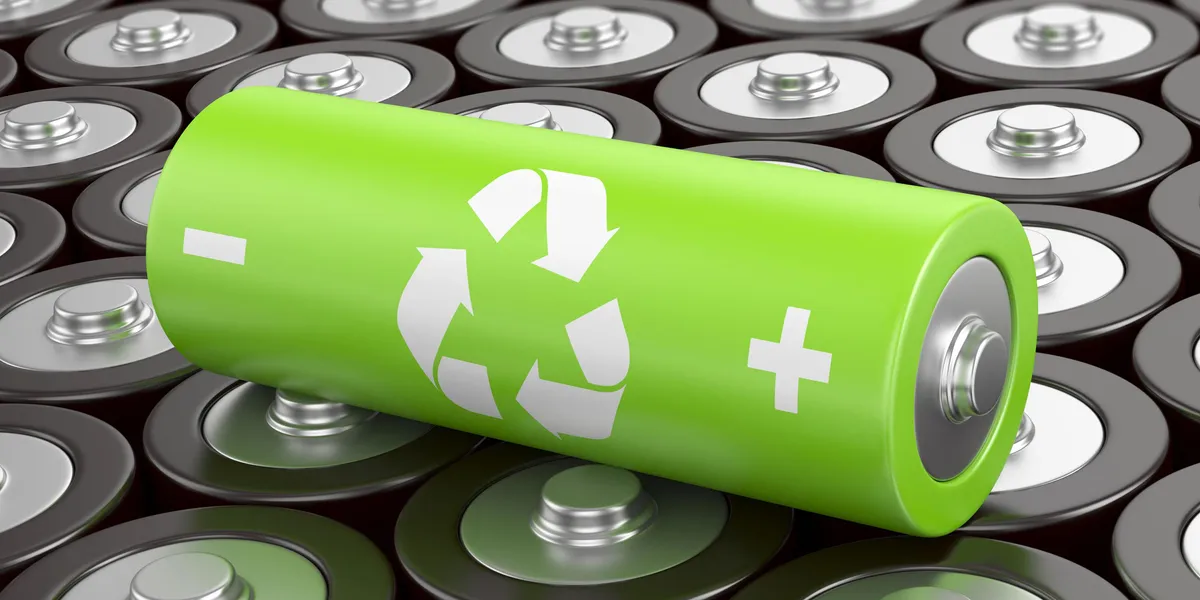In our fast-forward world, technology is driving innovation and shaping the future and one such kind of technique is the adoption of lithium-ion (Li-ion) batteries which offer power to multiple products including smartphones. We know that these batteries provide a huge energy efficiency but the disposable of these batteries created environmental challenges. Sustainable recycling technology for Li-ion batteries has become a pressing need, with researchers and engineers exploring innovative solutions to overcome this particular problem. Today we will be looking at the matter in detail.
The wastage of Li-ion Battery
Li-ion batteries are considered to be efficient but the same is the house of hazardous materials such as lithium, cobalt, and nickel, making their disposal a potential environmental hazard. If you not make a proper disposal then it will be creating soil and water contamination, posing risks to both human health and the ecosystem.
Challenges in Li-ion Battery Recycling
Complex Composition: Li-ion batteries include multiple materials like metals, plastics, and electrolytes, making their separation and recycling a complex task.
Resource Scarcity: Elements including cobalt and lithium are finite resources and the same are creating efficient recycling methods to reclaim and reuse these valuable materials.
Safety Concerns: Li-ion batteries can be dangerous if mishandled during the recycling process, so you must consider to having specialized technologies and protocols to ensure worker safety.
Economic Viability: Developing cost-effective recycling methods that can compete with the production of new batteries is a significant challenge, often requiring substantial investment in research and development.
Sustainable Recycling Solutions
Hydrometallurgical Processes: Researchers are finding new solutions with hydrometallurgical methods involving the use of solvents and leaching agents to selectively dissolve and recover metals from batteries to provide efficient resource utilization.
Biotechnological Approaches: Biotechnological methods, utilizing microorganisms and enzymes, offer eco-friendly solutions for breaking down battery components, making the recycling process more sustainable and less harmful to the environment.
Advanced Separation Techniques: Technologies including froth flotation and selective precipitation are being employed to separate different materials within batteries.
Beyond Li-ion Batteries
Scientists are now looking forward new innovative approaches for other types of batteries like sodium-ion and zinc-air batteries this will help us to create a new framework for sustainable recycling in the rapidly evolving landscape of energy storage technologies.
So follow the approaches for a green and safe environment for ourselves as well as for the next generation.
- About the Author
- Latest Posts
A passionate advocate for all natural and sustainable ideas. With a background in sustainable economics science and a deep love for nature, Sojy has dedicated his career to promoting eco-friendly practices and encouraging others to live a more sustainable lifestyle. He is an avid hiker, gardener, and cook, and loves experimenting with natural ingredients in his recipes and lifestyle routines. Sojy believes that small changes can make a big impact and is constantly seeking out new ways to reduce his carbon footprint and inspire others to do the same




